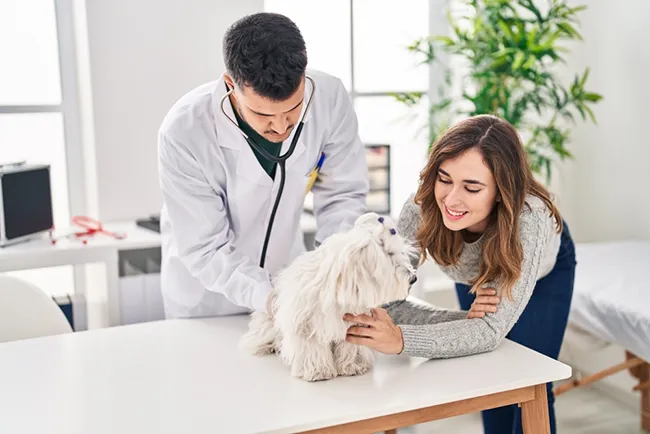
The veterinary profession is a complex and dynamic field, requiring a diverse set of skills and knowledge. This extends not only to understanding animal physiology and behaviour but also to mastering various types of equipment essential for the diagnosis, treatment, and care of animals. In the UK, where veterinary practices range from small, rural clinics to large, urban hospitals, the need for comprehensive equipment training is paramount.
The Basics: Diagnostic and Clinical Tools
At the foundation of veterinary practice is a range of diagnostic and clinical tools. Vets must be proficient in using stethoscopes for assessing heart and lung sounds, otoscopes for examining ears, and ophthalmoscopes for eye examinations. Training in these areas typically begins in veterinary school and continues through hands-on experience during clinical rotations.
Digital technology has also become integral, with vets needing to know how to operate digital X-ray machines, ultrasound equipment, and in-house laboratory tools for blood tests and urinalysis. These high-tech devices require not only technical know-how but also an understanding of how to interpret the data they provide.
Specialised Equipment: From Dental Care to Surgery
In the realm of specialised veterinary care, the equipment becomes more varied and complex. For instance, dental care for animals necessitates knowledge of dental drills, scalers, and polishers. Training for these tools is often acquired through post-graduate courses and workshops, as dental health is a vital part of overall animal care.
Surgical proficiency is another critical area. Here, vets must be adept at using a variety of surgical instruments, including scalpels, forceps, and sutures. A significant part of their training revolves around mastering the use of veterinary surgical drills, which are essential in many types of animal surgeries. These drills, similar to those used in human medicine, require a steady hand and a deep understanding of animal anatomy.
Advanced Imaging and Therapeutic Equipment
Advancements in veterinary medicine have introduced equipment once only seen in human hospitals. MRI and CT scanners are now more common in veterinary practices, particularly in specialised referral centres. Vets must undergo specific training to operate these machines safely and effectively, often involving additional certifications or courses.
Therapeutic equipment, such as laser therapy machines and physiotherapy tools, is also becoming more prevalent in veterinary clinics. These devices aid in the recovery of animals from injuries or surgeries and require specialised training to ensure their safe and effective use.
The Role of Continuing Education
The veterinary field is continually evolving, and with it, the equipment used in practices. As such, continuing education is vital for vets to stay up-to-date with the latest technologies and techniques. This ongoing training is often mandated by professional bodies and can take the form of workshops, seminars, and online courses.
Vets must also be adept at maintaining and troubleshooting equipment, as malfunctioning tools can lead to diagnostic errors or treatment delays. This aspect of training is crucial, especially in smaller practices where immediate technical support may not be readily available.
Sealing Knowledge with Skill
In conclusion, the training vets require in equipment usage is multifaceted and ongoing. It ranges from mastering basic clinical tools to navigating the complexities of advanced surgical and diagnostic equipment. This continuous learning journey not only ensures the highest standards of animal care but also fosters a dynamic and ever-evolving veterinary profession. As technology advances, so too must the skills and knowledge of those entrusted with the health and well-being of our animal companions.



